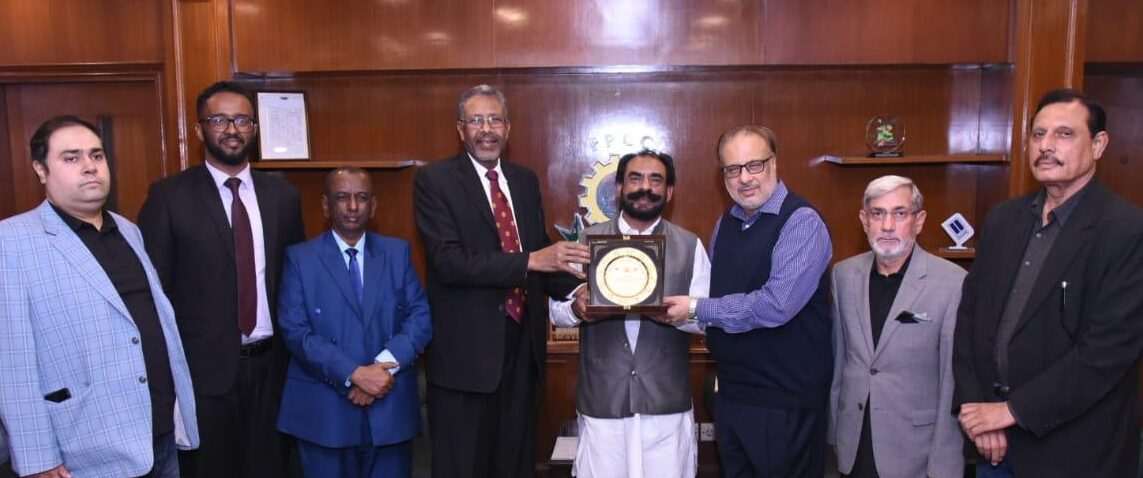Islamabad, October 18, 2018: On the eve of the announcement of the Finance Supplementary (Amendment) Bill 2018 by the newly elected PTI Government, there is perhaps no better opportunity than now to implement the Senate resolution moved by PTI Senator Syed Shibli Faraz and unanimously passed by the Senate of Pakistan on 9th July 2018.
The Senate resolution no. 393 states, “This House recommends that the Government should take necessary steps to abolish Riba at the earliest and at least 30% of all new Government debts should be replaced with the Shariah-compliant mode. The House also recommends that the funds of the Ministry of Religious Affairs and Inter-Faith Harmony related to Hajj, Zakat and Usher should be replaced or invested under Shariah-compliant mode.”
Presently, around 97 percent (or over Rs. 8 trillion) of the government’s domestic borrowing figures are interest-based, primarily consisting of short-term Market Treasury Bills and long-term Pakistan Investment Bonds. On the other hand, the Shariah-compliant Government Sukuk is only Rs. 385 billion which make them around 3% of the Government’s domestic borrowing figures out of which Rs. 314 billion will mature by March 2019.
The resolution abides by Pakistan’s constitution of which Article 38(f) states that “The State shall eliminate Riba as early as possible.”
It would be immensely helpful to Pakistan’s current debt status if the government were to implement this resolution and issue Shariah-compliant Sukuk of at least Rs. 600 billion immediately. It could then gradually increase this level to more than Rs. 2 trillion.
An emerging economy, Pakistan has tremendous infrastructural needs that require a consistent injection of capital on behalf of both domestic and foreign investors. According to the State Bank of Pakistan, Sukuk is an effective tool with which a variety of infrastructure projects and developmental needs of the country can be fulfilled.


























































































































































































































































































